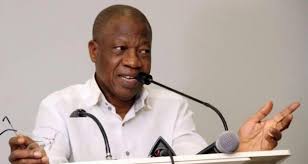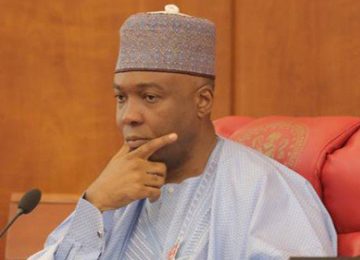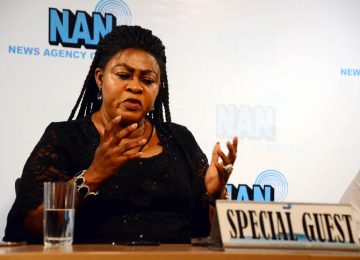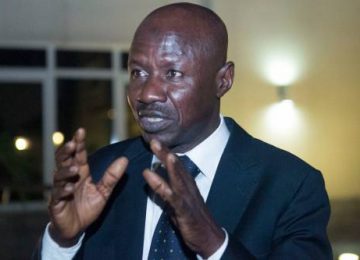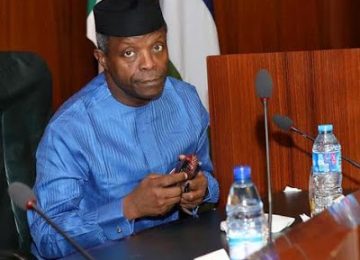The Minister of Information and Culture, Lai Mohammed, says the “Nigeria media is acknowledged as one of the freest in the world’’.
The Minister stated this at the 39th Session of the General Conference of the United Nations Educational, Scientific and Cultural Organisation, UNESCO, in Paris on Tuesday.
Contributing to a debate on “UN Plan of Action on Safety of Journalists and the Issue of Impunity’’, the minister said the “Nigerian Government does not engage in impunities against journalists and will never tolerate such’’.
Mr. Mohammed said that the freedom of the media had been further enhanced through the Freedom of Information Act, adding that government would continue to make efforts to further enable the media to serve the people better.
“This effort is intended not only to produce a robust and healthy media, but for the journalism profession to continue to thrive under a conducive environment.
“The right to Freedom of Information, commonly understood as the right to access information held by public offices, is now widely recognised in Nigeria as a fundamental human right.
“By this act, the Nigerian Government is doing its utmost best to ensure accountability, transparency and openness,’’ he said.
The minister noted that because of the crucial role that journalists play in the quest for development, Nigeria had shown significant commitment at ensuring that journalists experience no official hindrance in the course of their legitimate work.
He said that the government had responded to inquiries from international organisations, such as UNESCO on cases pertaining to acts of alleged violence against journalists.
“The Government of Nigeria has resolved to continue to defend the freedom of expression and press freedom as well as uphold justice, the rule of law and the protection of human rights in the country,” he said.
The minister reassured that the government would remain responsive to the issues of journalists’ safety.
The News Agency of Nigeria (NAN) reports that 39 UNESCO member states contributed to the debate on Safety of Journalists which was presided over by Frank La-Reu, the Assistant Director-General of UNESCO Commission on Information and Communications.
Leading the debate, the United Kingdom and Sweden commended the Commission for presenting a detailed report outlining how UNESCO would strengthen its leadership of the UN Plan of Action to address the challenge of safety of journalists.
They respectively contended that the focus should be on concrete measures to be taken by member states to address the challenge of attacks on journalists and impunity.
The U.S stressed the need for the protection of journalists in conflict areas and called for the immortalisation of Avijit Roy, a U.S.-Bangladeshi blogger who was hacked to death in Dhaka in 2015.
Cameroon in its contribution said though its President Paul Biya was the most insulted leader in the world by the media, the country would support UNESCO Action Plan.
The country, however, underscored the need for the Plan of Action to clarify on how to deal with the “so called journalists who specialised in blackmailing government officials’’.
NAN reports that of the 39 member-nations that contributed to the debate, only Russia and Turkey opposed the adoption of the Action Plan.
Russia was of the opinion that the Action Plan was circulated to member-states on November 21, and so there was no enough time to study the contents and there was the need to converse with its government before a decision was taken on such sensitive issue.
Turkey on its part said the resolutions in the Action Plan were too long and complex and called for its review.
Meanwhile, Ghana has been given the hosting right for the 2018 World Press Freedom Day.
(NAN)


